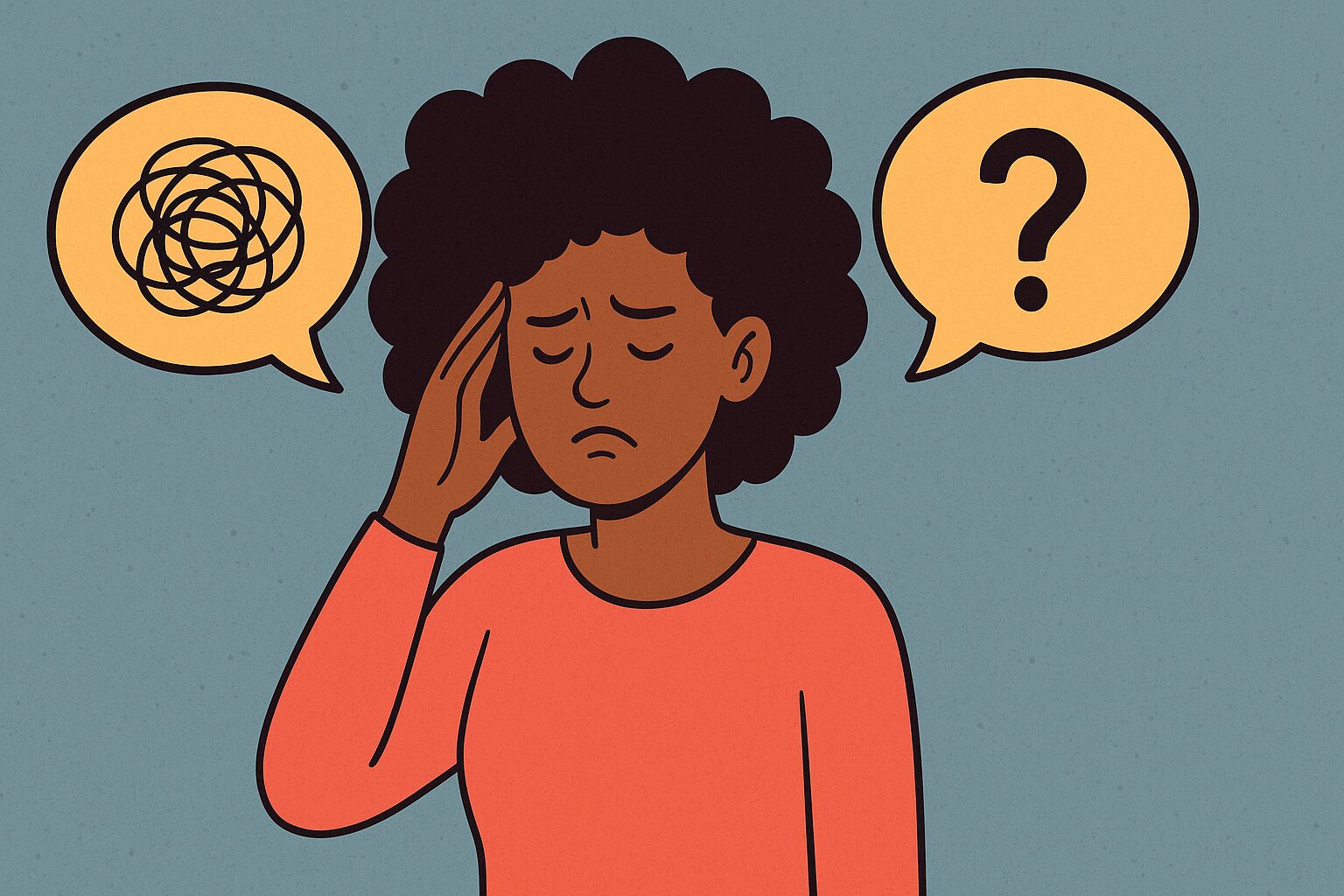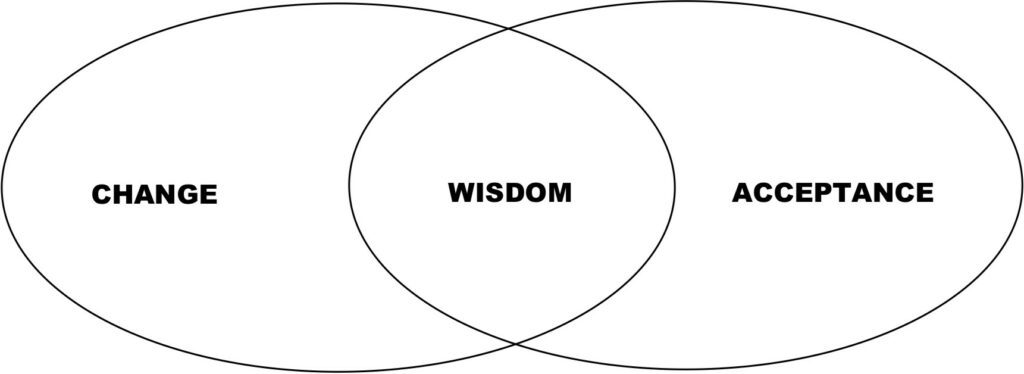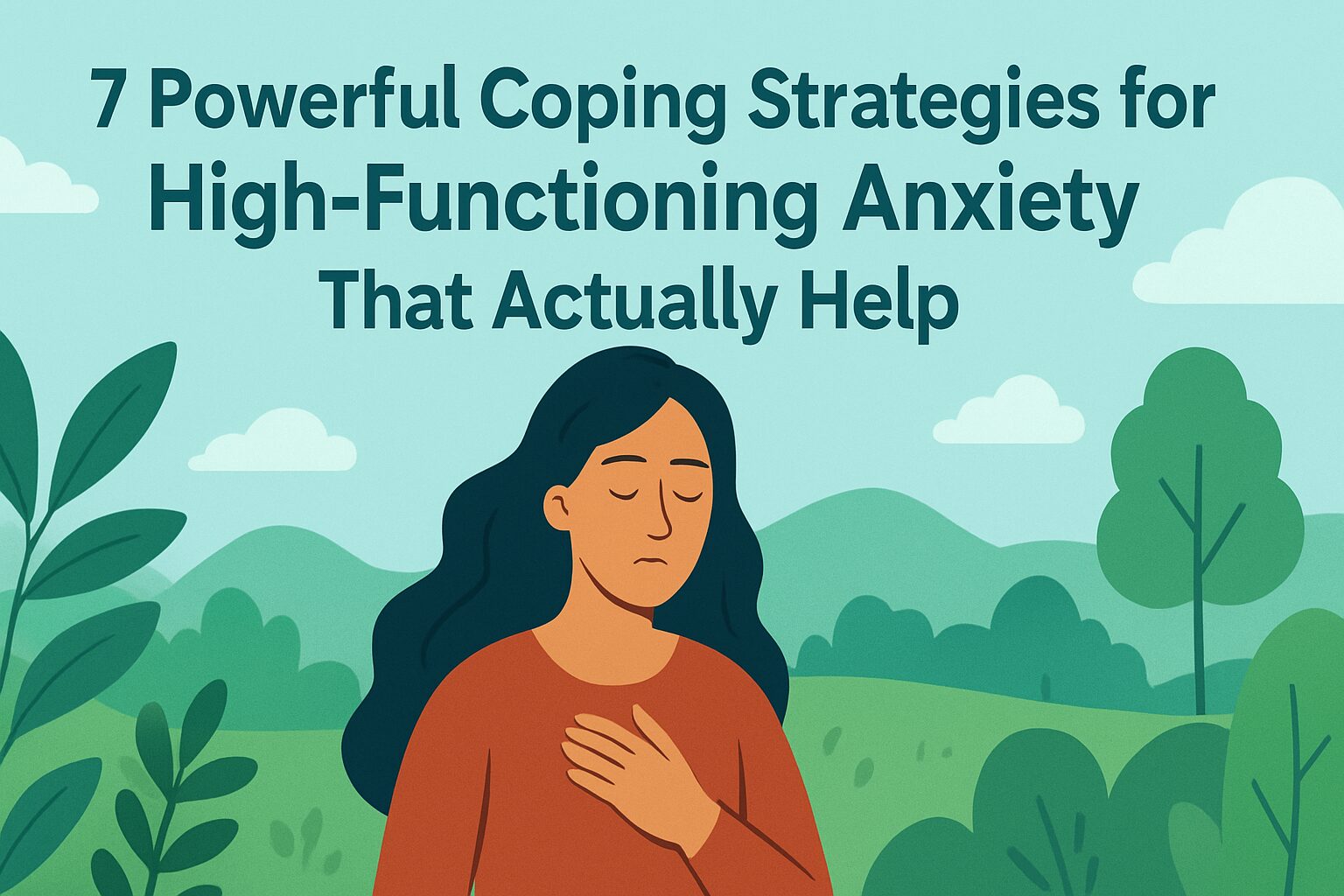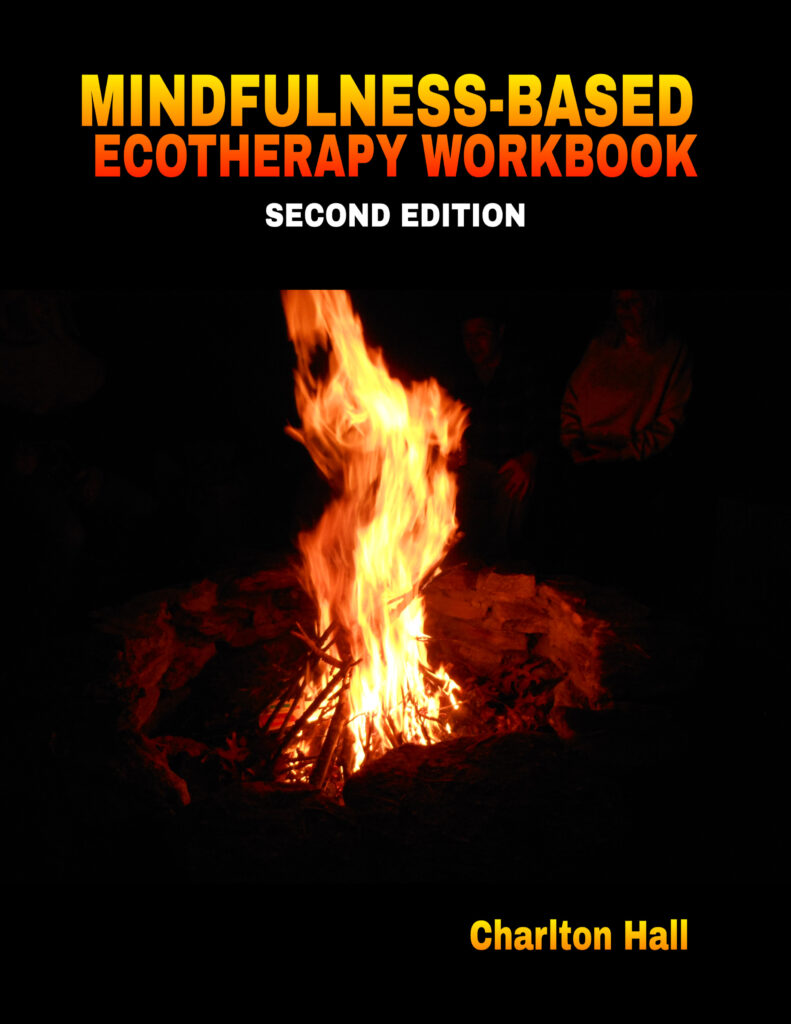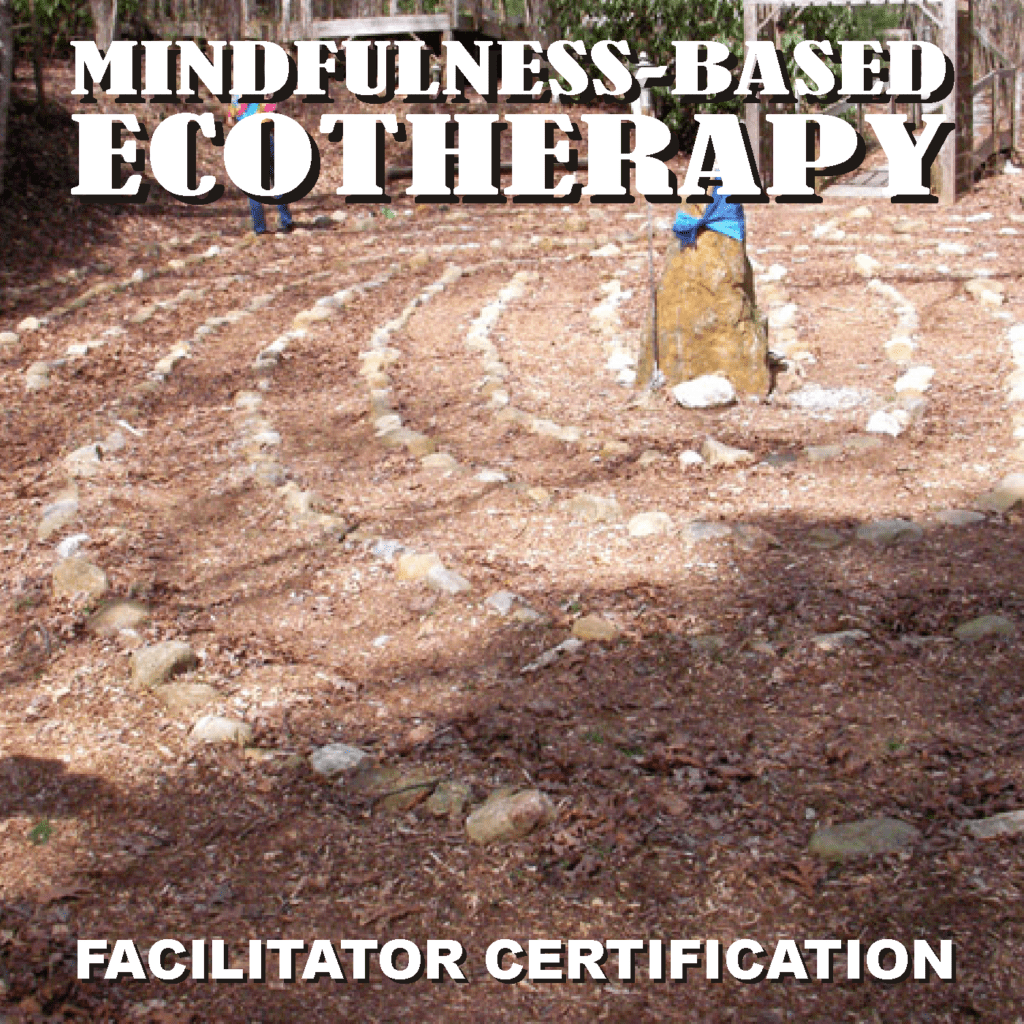
Table of Contents
Mindfulness-based ecotherapy, or mindful ecotherapy, is a structured, evidence-informed therapeutic approach that integrates mindfulness practices with intentional engagement with the natural world to support psychological, emotional, and relational healing. At the Mindful Ecotherapy Center, mindfulness-based ecotherapy is used as a grounded, ethical, and clinically informed modality that helps clients reconnect with themselves, others, and the ecosystems they inhabit.
Mindful ecotherapy recognizes a simple but often ignored truth: human wellbeing is deeply intertwined with the wellbeing of the natural world. When people feel disconnected from nature, they often experience increased anxiety, depression, stress, and a sense of meaninglessness. When connection is restored through mindful awareness and ecological engagement, psychological flexibility, resilience, and emotional regulation tend to follow.
Defining Mindfulness-Based Ecotherapy
Mindful ecotherapy is the intentional use of experiences in nature combined with mindfulness practices to promote mental health and personal growth. It draws from multiple disciplines, including psychology, ecology, contemplative traditions, and environmental philosophy. Rather than treating nature as a passive backdrop, ecotherapy treats the natural environment as an active participant in the therapeutic process. Nature becomes the therapist.
Mindfulness within this framework means paying attention to present-moment experience with openness, curiosity, and compassion. When practiced outdoors or in relationship with natural elements, mindfulness helps you notice sensations, emotions, thoughts, and bodily responses as they arise in connection with the living world. This process often reveals patterns of avoidance, control, or disconnection that mirror challenges in everyday life.
How Mindfulness-Based Ecotherapy Works
At the Mindful Ecotherapy Center, mindfulness-based ecotherapy is applied through structured interventions that may include guided experiences in nature, mindfulness practices, reflective exercises, symbolic rituals, and experiential activities. These approaches are often informed by Acceptance and Commitment Therapy (ACT), Dialectical Behavior Therapy (DBT), Cognitive Behavioral Therapy (CBT), and solution-focused strategies.
For example, a client struggling with chronic anxiety may engage in a mindfulness-based ecotherapy exercise focused on sensory awareness during a slow, intentional walk outdoors. Rather than trying to eliminate anxious thoughts, the client learns to observe them while grounding attention in natural rhythms such as breath, wind, or birdsong. This reinforces psychological flexibility and reduces experiential avoidance.
Similarly, clients experiencing burnout or depression may use ecotherapy practices to reconnect with values related to care, stewardship, and belonging. Nature often provides metaphors for growth, impermanence, and resilience that feel more accessible than abstract cognitive reframing.
The Role of Connection and Relationship
One of the defining features of mindful ecotherapy is its emphasis on relationship. Traditional therapy often focuses exclusively on the person. Ecotherapy expands the frame to include relationships with others, with the land, with place, and with non-human life. This broader perspective can help reduce shame and self-blame by enabling people to see their struggles as part of larger systems rather than personal failures. It’s a method of focusing on relationships and solutions rather than on problems.
Mindfulness-based ecotherapy also supports nervous system regulation. Natural environments tend to promote parasympathetic activation, which supports rest, digestion, and emotional regulation. When mindfulness is layered onto these environments, clients often experience deeper grounding and an increased capacity to tolerate difficult emotions.
Ethical and Clinical Foundations
Mindful ecotherapy is practiced ethically and intentionally. At the Mindful Ecotherapy Center, it is not about forcing outdoor exposure or assuming nature is universally safe or accessible. Cultural context, physical ability, trauma history, and individual preference are central considerations.
Ecotherapy can take place in urban parks, backyards, gardens, or even through mindful engagement with natural elements indoors. The therapeutic value lies not in wilderness extremes but in cultivating awareness and relationship wherever one is.
Why Mindfulness-Based Ecotherapy Matters
In an era of ecological crisis, digital overload, and chronic stress, mindfulness-based ecotherapy offers a way to address both personal suffering and collective disconnection. It helps clients develop skills that extend beyond symptom reduction toward meaning-making, responsibility, and care for the wider world.
By integrating mindfulness with ecological awareness, this approach supports not only individual well-being but also a sense of belonging within the larger web of life. Clients often report increased clarity, emotional balance, and a renewed sense of purpose that aligns with both personal values and ecological responsibility.
Mindfulness-Based Ecotherapy at the Mindful Ecotherapy Center
The Mindful Ecotherapy Center approaches mindfulness-based ecotherapy as a clinically sound, adaptable, and deeply human practice. It honors the science of psychology while acknowledging the healing potential of mindful connection with nature. Whether used in therapy, education, or professional training, this approach invites people to slow down, pay attention, and rediscover their place in the living world.
In doing so, mindfulness-based ecotherapy offers something rare: healing that is both personal and planetary.
Share Your Thoughts on Mindfulness-Based Ecotherapy!
What do you think? Have you experienced the healing power of nature? Share your thoughts in the comments below! And don’t forget to subscribe to our newsletter!

